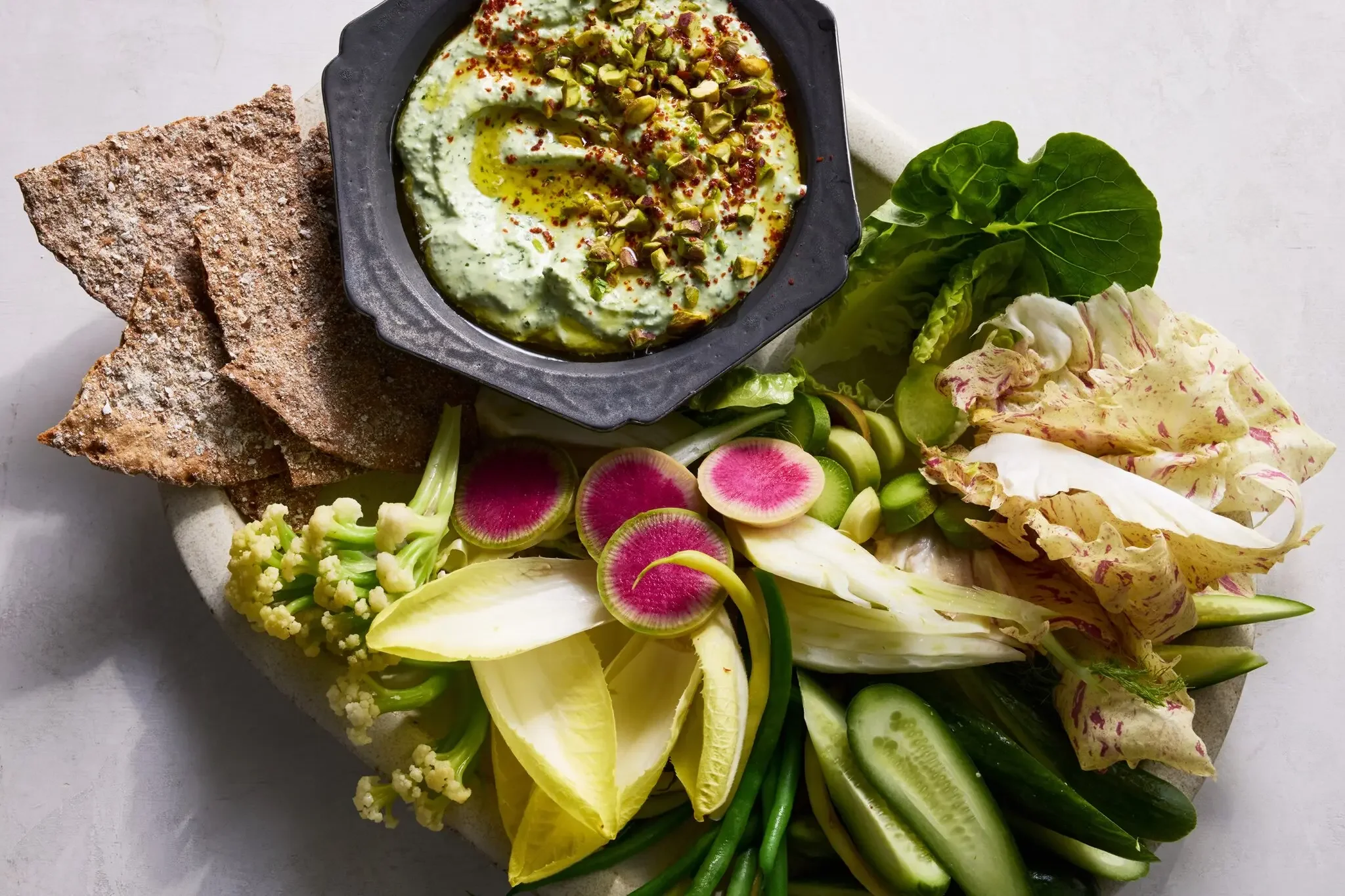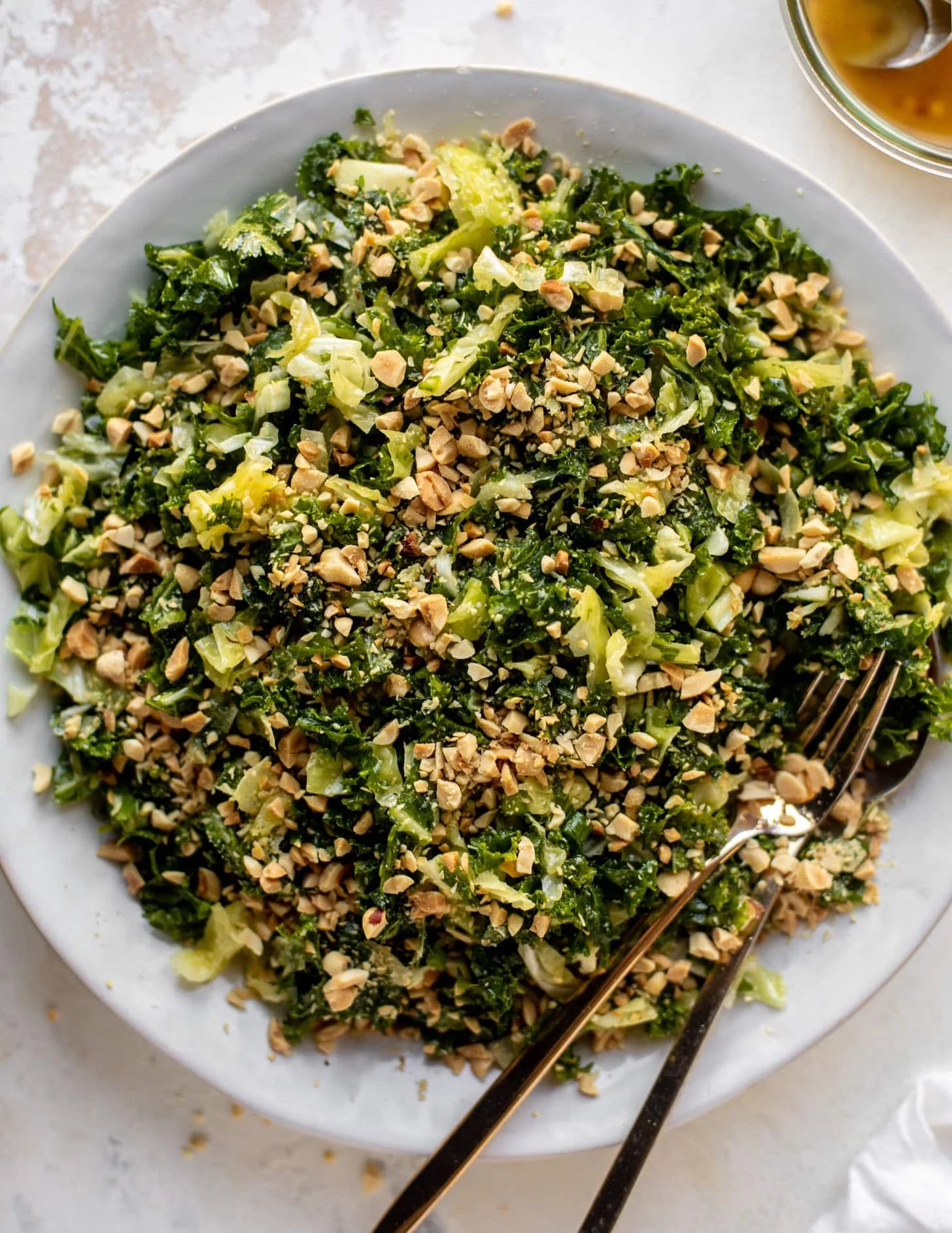Serving delicious (nutritious) food is a love language…Here are a few of the yummy dishes that will be gracing our table this year…These recipes were chosen based on their simplicity; nutritional quality; and beauty…Happy Thanksgiving! (All photos are hyperlinked).
GREEN FETA DIP
HERBED ROASTED TURKEY BREAST
ROASTED BUTTERNUT SQUASH
CAULIFLOWER AU GRATIN
HERO LOW CARB HAWAIIAN ROLLS
OK- I HAD TO CHECK MY CGM TO MAKE SURE THIS WASN’T A MISTAKE… #BESTLOWCARBBREADEVER
EMERALD KALE SALAD
HOMEADE CHUNKY APPLESAUCE (NO SUGAR ADDED)
LOW CARB NO-BAKE PUMPKIN CHEESE CAKE (BIG MAN’S WORLD*)
DIY NATURE-INSPIRED CENTERPIECE





















